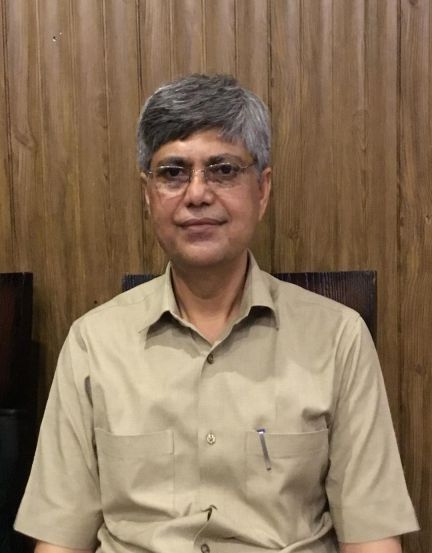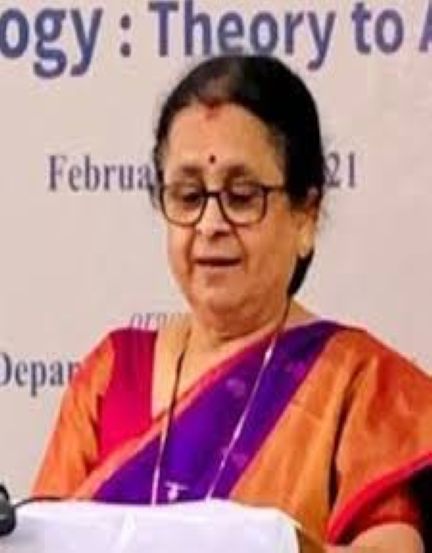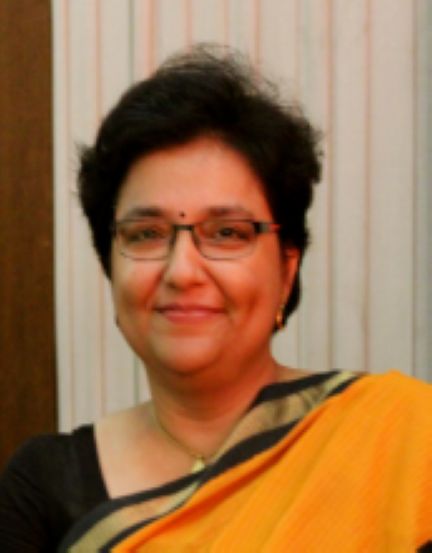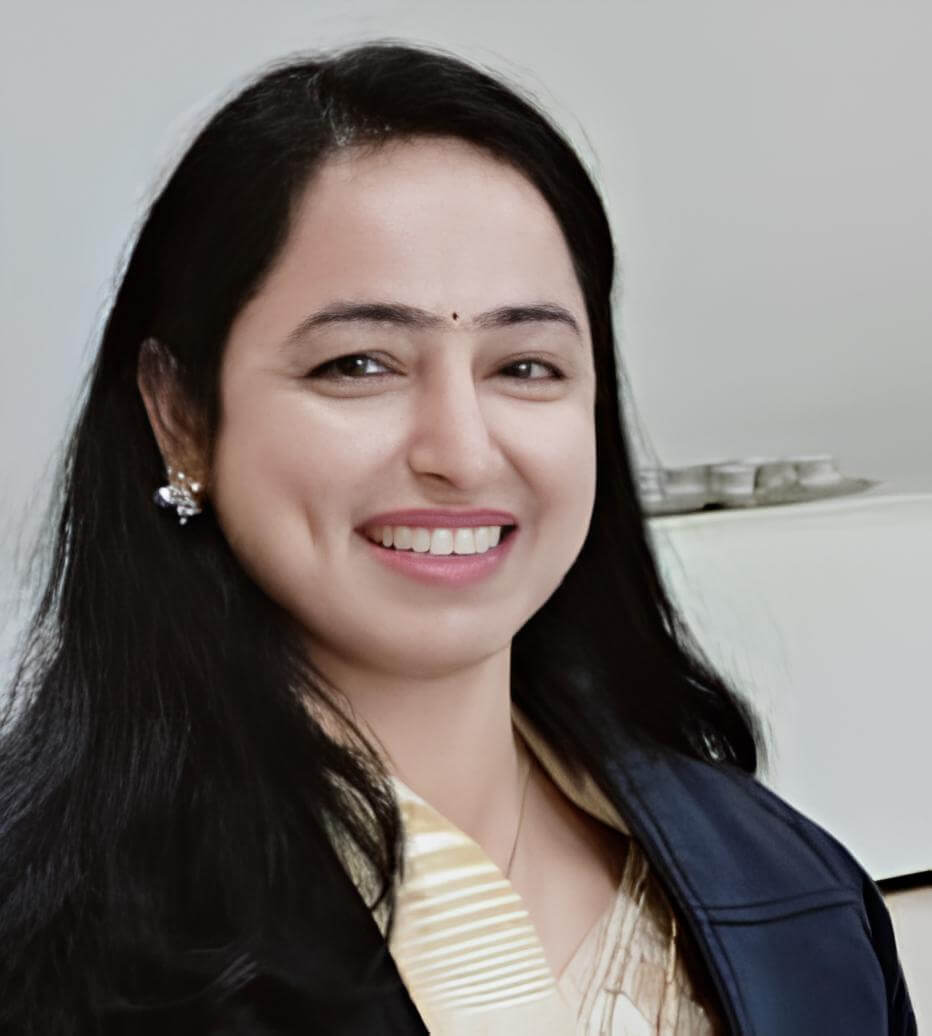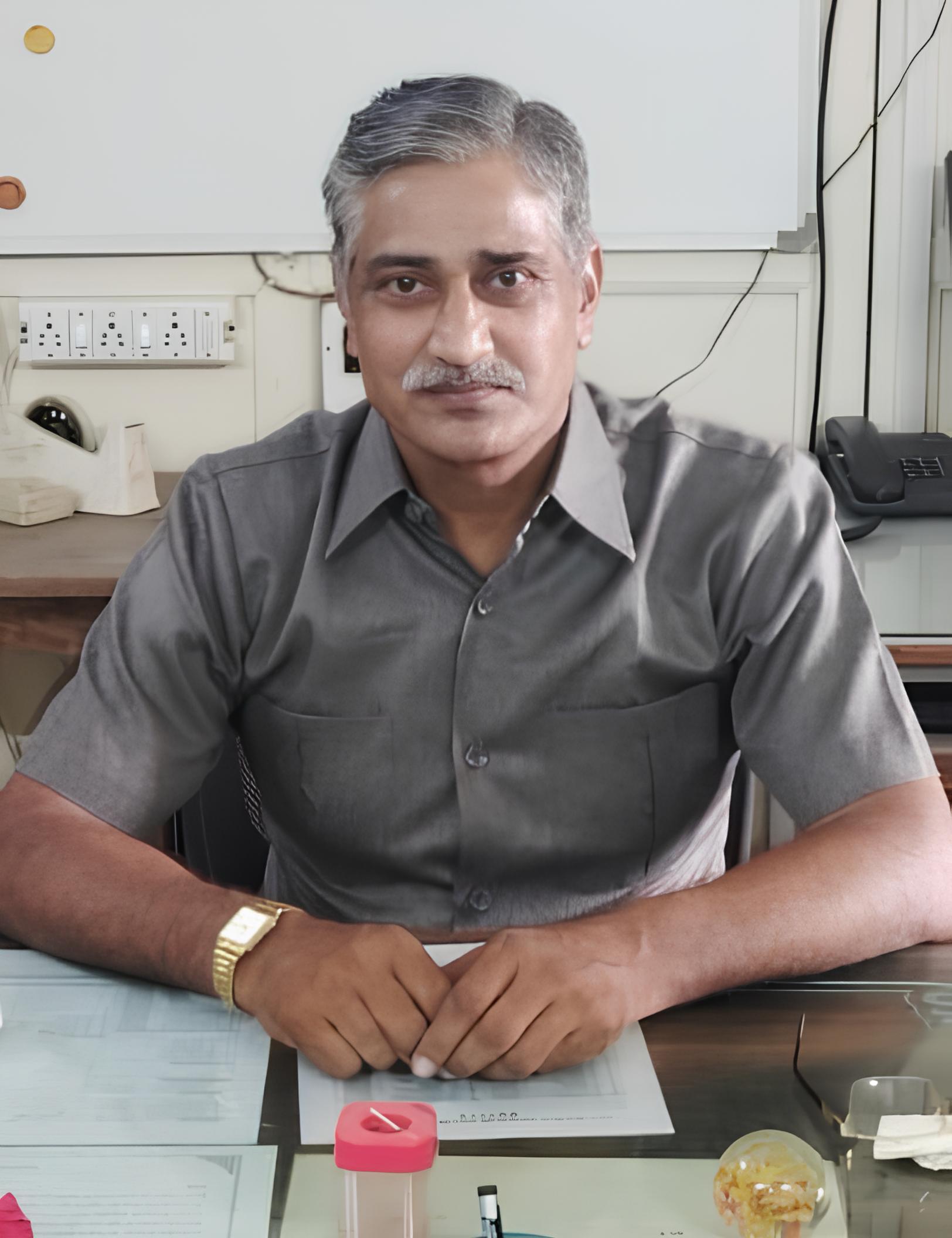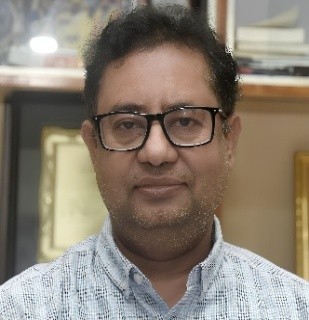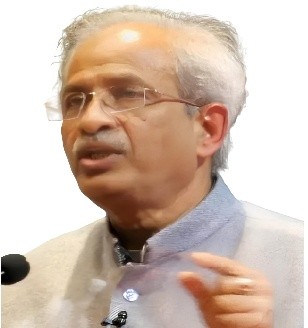The National Conference on Modeling of Complex Systems (NCMCS 2026) is a leading multidisciplinary forum for discussing the theory and practice of complex systems modeling that brings together scholars, practitioners, and decision-makers. At present, we face grand challenges – from climate change and pandemic preparedness to supply chain disruptions and organizational resilience. To find a way out, it demands a holistic approach that integrates data, computation, and of course, domain expertise. The complex systems are distinguished by dynamic feedback loops, emergent behaviors, and nonlinear interactions across disciplines. The goal of this conference is to promote communication between experts in the fields of science, engineering, pharmacology, social sciences, business management, climate, and environmental studies to break down traditional silos. The conference will create a unique venue for showcasing state-of-the-art models, computational techniques, and decision-support tools that make sense of complex real-world systems. The program will feature various thematic tracks covering multiscale modeling in physical systems, biological systems, environmental sustainability, socio-economic complexities, organizational dynamics and hybrid data-driven approaches using artificial intelligence.
As a result, the participants will find ample scope to explore methods and technology for better understanding the behaviour of the complex systems. This conference provides a forum for presenting advances in theoretical frameworks, computational tools, and real-world applications across domains. The conference will bring together leading academicians, scientists, researchers and students to exchange and share their experiences and research results about all aspects of the complex systems.
Department of Research and Development, Sharda University Agra organizes the National Conference on Modeling of Complex Systems (NCMCS 2026), which covers multi-disciplinary fields in complex systems, during 12-13 March 2026.
Sharda University Agra is established under the Sharda University Agra Act, 2024 (Uttar Pradesh Act IV of 2024) with a sprawling green campus extending over 50+ acres, nestled in Keetham, Agra. The name of university, 'Sharda' is synonymous to 'Goddess of knowledge and learning - Saraswati'. She is identified with 'veena' an Indian musical instrument and the 'lotus' where she resides. The lotus in our logo symbolizes the seat of learning that the University is created for. The University has established itself as a high-quality education provider with prime focus on holistic learning and imbibing competitive abilities in students. Physical and Academic Infrastructure has provided us registration under Section 2(f) of UGC Act 1956. Sharda University Agra promises to become one of the India's leading universities with an acknowledged reputation for excellence in research and teaching. With its outstanding faculty, world class teaching standards, and innovative academic programmes, Sharda University Agra intends to set a new benchmark in the Indian education system.

Research has been an integral element for higher education at Sharda University Agra since the time of its inception. The Department of Research and Development at Sharda University Agra provides a vigorous and highly visible research environment with an objective to create research culture within the university. The department supports all kinds of scholarly activities that include fundamental research, applied research in Science, Engineering, Liberal Arts, Social Sciences, but not limited to. The research efforts have expanded to include sponsored research and consultancy projects in multiple disciplines. By working with academic and industry partners, as well as by enacting policies aimed at enhancing the research infrastructure, the Department of Research and Development keeps expanding its research vision.

The Department continues to welcome outside collaborators on a regular basis who share ideas, collaborate on findings, and pool resources to promote our goal and encourage creative research.
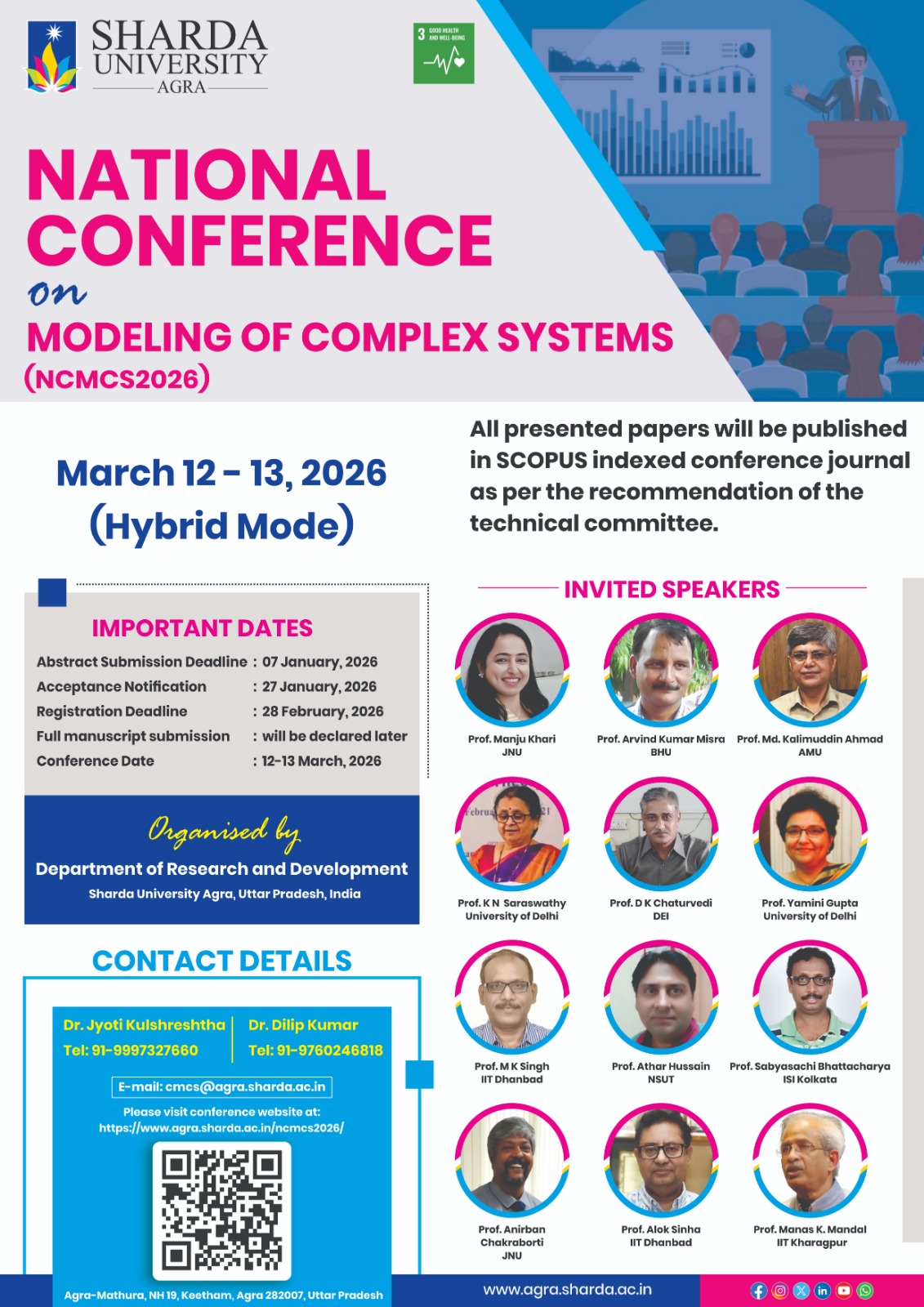
Abstracts should be in Times New Roman within A4 format. The title should be in bold with font size of 14 followed by author(s) name(s) in the next line, and affiliation in the subsequent line(s) as central alignment along with the email ID of the presenting author. The name of the presenting author should be underlined. Body of the text should be justified with 11 font size of Times New Roman with single spacing. Posters must be of the size 1 meter wide and 1 meter height with word limit 250.
Authors are invited to contribute to the conference by submitting articles that illustrate research results, projects, and industrial experiences that describe significant advances in Modeling of Complex Systems. Papers are requested to be submitted to facilitate the oral presentations as well as poster presentations. Authors are requested to send a one-page abstract as well as the full-length paper.


